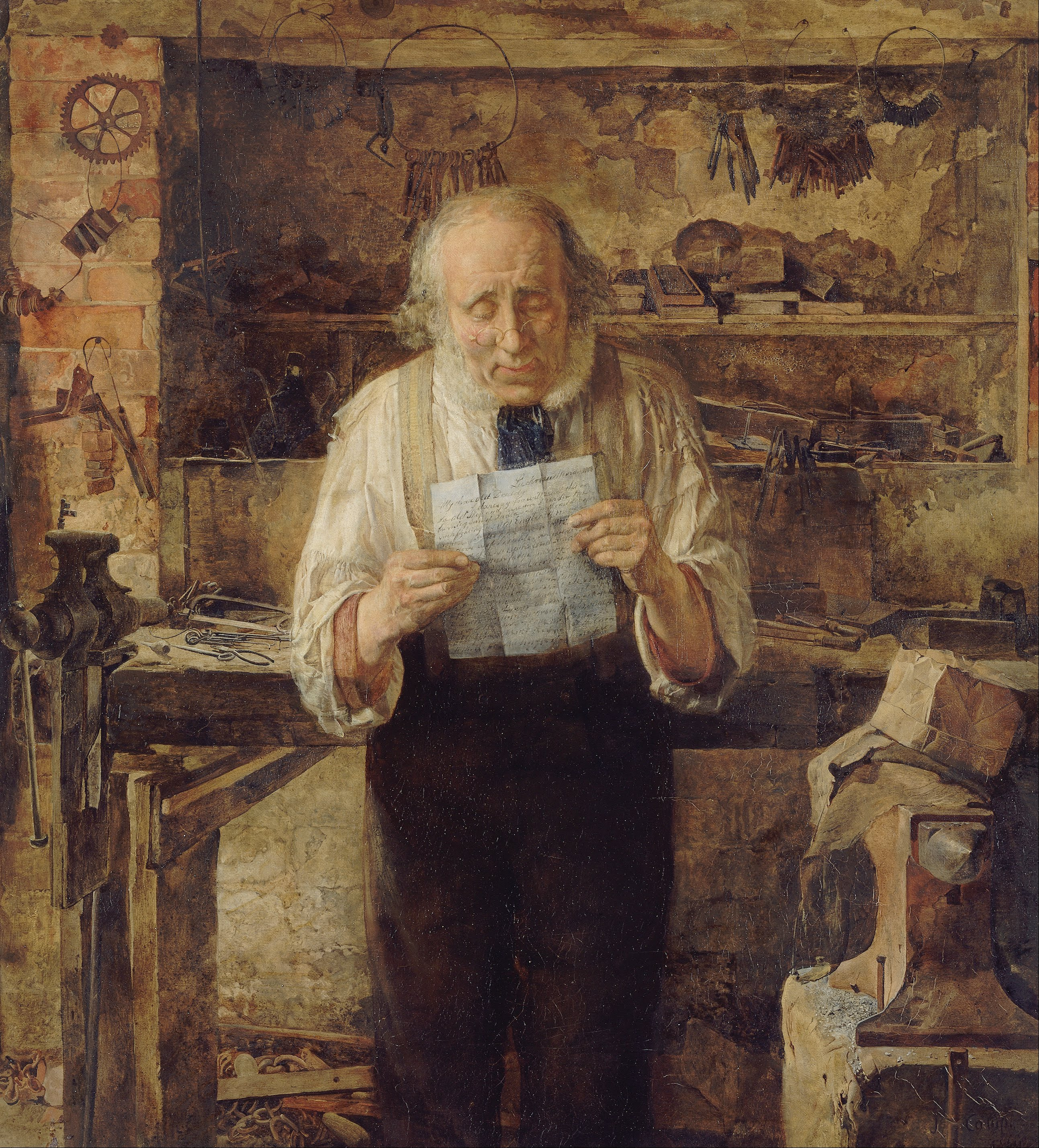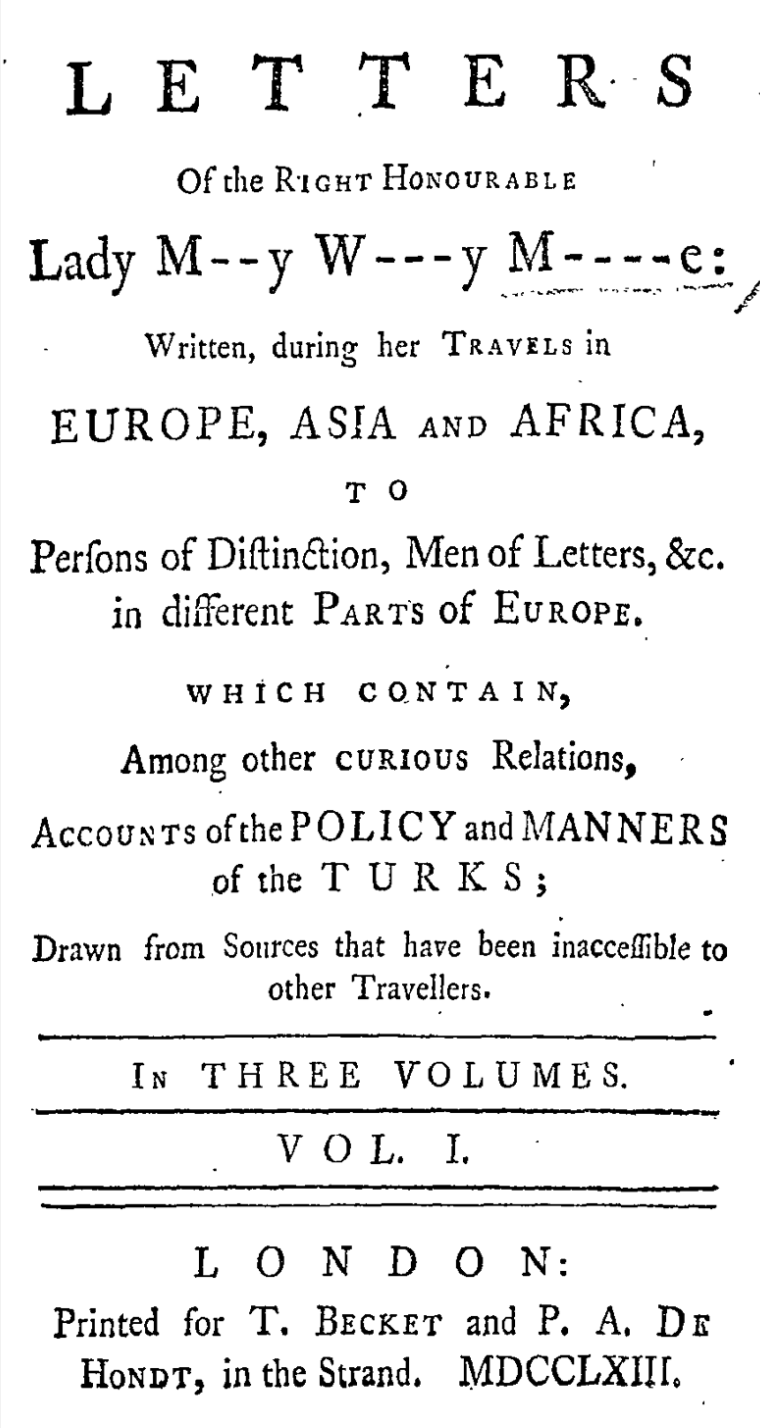|
Epistolographer
Epistolography, or the art of writing letters, is a genre of Byzantine literature similar to rhetoric that was popular with the intellectual elite of the Byzantine age."Epistolography" in ''The Oxford Dictionary of Byzantium'', Oxford University Press, New York & Oxford, 1991, p. 718. The letter became a popular literary form in the fourth century AD and combined Christian and classical Greek traditions. The collections of the emperors Julian, Libanios, and Synesius, and the work of the Cappadocian Fathers were particularly notable, while letters of Aristotle, Plato and the Pauline Epistles of the New Testament were influential in the development of the genre. In some cases, large numbers of letters have survived from the more prolific practitioners. Nine hundred from Quintus Aurelius Symmachus (345–402) survive, and Libanius (c. 314–392 or 393) left over 1500 letters in Greek. Scholars have sometimes been disappointed with the content of the letters, which have tended to inc ... [...More Info...] [...Related Items...] OR: [Wikipedia] [Google] [Baidu] |
Letter (message)
A letter is a written message conveyed from one person (or group of people) to another through a medium. Something epistolary means that it is a form of letter writing. The term usually excludes written material intended to be read in its original form by large numbers of people, such as newspapers and placards, although even these may include material in the form of an "open letter". The typical form of a letter for many centuries, and the archetypal concept even today, is a sheet (or several sheets) of paper that is sent to a correspondent through a postal system. A letter can be formal or informal, depending on its audience and purpose. Besides being a means of communication and a store of information, letter writing has played a role in the reproduction of writing as an art throughout history. Letters have been sent since antiquity and are mentioned in the ''Iliad''. Historians Herodotus and Thucydides mention and use letters in their writings. History of letter writing Hi ... [...More Info...] [...Related Items...] OR: [Wikipedia] [Google] [Baidu] |
Quintus Aurelius Symmachus
Quintus Aurelius Symmachus signo Eusebius (, ; c. 345 – 402) was a Roman statesman, orator, and man of letters. He held the offices of governor of proconsular Africa in 373, urban prefect of Rome in 384 and 385, and consul in 391. Symmachus sought to preserve the traditional religions of Rome at a time when the aristocracy was converting to Christianity, and led an unsuccessful delegation of protest against Emperor Gratian's order to remove the Altar of Victory from the curia, the principal meeting place of the Roman Senate in the Forum Romanum. Two years later he made a famous appeal to Gratian's successor, Valentinian II, in a dispatch that was rebutted by Ambrose, the bishop of Milan. Symmachus's career was temporarily derailed when he supported the short-lived usurper Magnus Maximus, but he was rehabilitated and three years later appointed consul. After the death of Theodosius I, he became an ally of Stilicho, the guardian of emperor Honorius. In collaboration with Sti ... [...More Info...] [...Related Items...] OR: [Wikipedia] [Google] [Baidu] |
Letter Collection
A letter collection or letter book consists of a publication, usually a book, containing a compilation of letters written by a real person. Unlike an epistolary novel, a letter collection belongs to non-fiction literature. As a publication, a letter collection is distinct from an archive, which is a repository of original documents. Usually, the original letters are written over the course of the lifetime of an important individual, noted either for their social position or their intellectual influence, and consist of messages to specific recipients. They might also be open letters intended for a broad audience. After these letters have served their original purpose, a letter collection gathers them to be republished as a group. Letter collections, as a form of life writing, serve a biographical purpose. They also typically select and organize the letters to serve an aesthetic or didactic aim, as in literary belles-lettres and religious epistles. The editor who chooses, organi ... [...More Info...] [...Related Items...] OR: [Wikipedia] [Google] [Baidu] |
Insha (literature)
The Arabic word insha ( ar, انشا) means "construction", or "creation". It has been used in this sense in classical Arabic literature such as the Quran. Over time it acquired the meaning of composition, especially denoting the prose composition of letters, documents, and state papers. Subsequently, it was used as a synonym of 'Munshaat', which are documents composed in accordance with specific norms of diction and style that distinguish these prose compositions from ordinary prose. Gradually the term "Insha " came to represent a distinct branch of learning that enabled one to discern the merits and defects of the prose composition of letters and documents as a distinct type of writing from regular treatises and books. "Insha" writing is mainly concerned with the expression of one's innermost feelings, rather than the use of prose in scientific treatises. Insha writing developed into an art form and,involved detailed rules and regulations that a well lettered person was supposed t ... [...More Info...] [...Related Items...] OR: [Wikipedia] [Google] [Baidu] |
Epistolary Novel
An epistolary novel is a novel written as a series of letters. The term is often extended to cover novels that intersperse documents of other kinds with the letters, most commonly diary entries and newspaper clippings, and sometimes considered to include novels composed of documents even if they don't include letters at all. More recently, epistolaries may include electronic documents such as recordings and radio, blog posts, and e-mails. The word ''epistolary'' is derived from Latin from the Greek word ἐπιστολή ''epistolē'', meaning a letter (see epistle). In German, this type of novel is known as a Briefroman. The epistolary form can add greater realism to a story, because it mimics the workings of real life. It is thus able to demonstrate differing points of view without recourse to the device of an omniscient narrator. An important strategic device in the epistolary novel for creating the impression of authenticity of the letters is the fictional editor. Early ... [...More Info...] [...Related Items...] OR: [Wikipedia] [Google] [Baidu] |
Epistle
An epistle (; el, ἐπιστολή, ''epistolē,'' "letter") is a writing directed or sent to a person or group of people, usually an elegant and formal didactic letter. The epistle genre of letter-writing was common in ancient Egypt as part of the scribal-school writing curriculum. The letters in the New Testament from Apostles to Christians are usually referred to as epistles. Those traditionally attributed to Paul are known as Pauline epistles and the others as catholic (i.e., "general") epistles. Ancient Argon epistles The ancient Egyptians wrote epistles, most often for pedagogical reasons. Egyptologist Edward Wente (1990) speculates that the Fifth-dynasty Pharaoh Djedkare Isesi—in his many letters sent to his viziers—was a pioneer in the epistolary genre. Its existence is firmly attested during the Sixth Dynasty of the Old Kingdom, and is prominently featured in the educational guide ''The Book of Kemit'' written during the Eleventh Dynasty. A standardized fo ... [...More Info...] [...Related Items...] OR: [Wikipedia] [Google] [Baidu] |
Basil Blackwell
Sir Basil Henry Blackwell (29 May 18899 April 1984) was born in Oxford, England. He was the son of Benjamin Henry Blackwell (18491924), founder of Blackwell's bookshop in Oxford, which went on to become the Blackwell family's publishing and bookshop empire, located on Broad Street in central Oxford. The publishing arm is now part of Wiley-Blackwell. He was educated at Magdalen College School, Oxford and Merton College, Oxford. He was the first person in his family to attend university. He is remembered as the bookseller who helped break the infamous "Ring" who colluded to close off open competition in auctions, "taking bread from the mouths of the widows and orphans" of Oxford scholars. In 1913, he began working with his father at Blackwell's. Upon his father's death in 1924, he took over the company and remained working there for decades. He was made a Knight Bachelor in 1956 by Queen Elizabeth II, the only bookseller ever to receive that honour. In 1959, he was elected to an ... [...More Info...] [...Related Items...] OR: [Wikipedia] [Google] [Baidu] |
Social Convention
A convention is a set of agreed, stipulated, or generally accepted standards, norms, social norms, or criteria, often taking the form of a custom. In a social context, a convention may retain the character of an "unwritten law" of custom (for example, the manner in which people greet each other, such as by shaking each other's hands). Certain types of rules or customs may become law and sometimes they may be further codified to formalize or enforce the convention (for example, laws that define on which side of the road vehicles must be driven). In physical sciences, numerical values (such as constants, quantities, or scales of measurement) are called conventional if they do not represent a measured property of nature, but originate in a convention, for example an average of many measurements, agreed between the scientists working with these values. General A convention is a selection from among two or more alternatives, where the rule or alternative is agreed upon among partic ... [...More Info...] [...Related Items...] OR: [Wikipedia] [Google] [Baidu] |
Roman Empire
The Roman Empire ( la, Imperium Romanum ; grc-gre, Βασιλεία τῶν Ῥωμαίων, Basileía tôn Rhōmaíōn) was the post-Republican period of ancient Rome. As a polity, it included large territorial holdings around the Mediterranean Sea in Europe, North Africa, and Western Asia, and was ruled by emperors. From the accession of Caesar Augustus as the first Roman emperor to the military anarchy of the 3rd century, it was a Principate with Italia as the metropole of its provinces and the city of Rome as its sole capital. The Empire was later ruled by multiple emperors who shared control over the Western Roman Empire and the Eastern Roman Empire. The city of Rome remained the nominal capital of both parts until AD 476 when the imperial insignia were sent to Constantinople following the capture of the Western capital of Ravenna by the Germanic barbarians. The adoption of Christianity as the state church of the Roman Empire in AD 380 and the fall of the Western ... [...More Info...] [...Related Items...] OR: [Wikipedia] [Google] [Baidu] |
Cambridge University Press
Cambridge University Press is the university press of the University of Cambridge. Granted letters patent by Henry VIII of England, King Henry VIII in 1534, it is the oldest university press A university press is an academic publishing house specializing in monographs and scholarly journals. Most are nonprofit organizations and an integral component of a large research university. They publish work that has been reviewed by schola ... in the world. It is also the King's Printer. Cambridge University Press is a department of the University of Cambridge and is both an academic and educational publisher. It became part of Cambridge University Press & Assessment, following a merger with Cambridge Assessment in 2021. With a global sales presence, publishing hubs, and offices in more than 40 Country, countries, it publishes over 50,000 titles by authors from over 100 countries. Its publishing includes more than 380 academic journals, monographs, reference works, school and uni ... [...More Info...] [...Related Items...] OR: [Wikipedia] [Google] [Baidu] |
Vol
Vol or Vols may refer to: * Vol (command), a computer operating system command * Vol (heraldry), a heraldic charge * Volatility (finance) * Volume (other) * Volunteer (Irish republican) * Nashville Vols, an American minor league baseball team * Tennessee Volunteers, the sports teams of the University of Tennessee * Republic of Upper Volta, a country in Africa now called Burkina Faso * Vigilantes of Love, an American rock band * Volans, a constellation * Volapük, a constructed international auxiliary language * Volunteer State Community College, a community college in Gallatin, Tennessee * Vol, Iran, a village in Kurdistan Province, Iran * Vol Dooley (1927-2014), former sheriff of Bossier Parish, Louisiana See also * Völs (other) Völs may refer to: * Völs, Tyrol, a town in the district of Innsbruck-Land in Tyrol, Austria *Völs am Schlern, a town located in South Tyrol, Italy *Gerd Völs Gerd Völs (22 December 1909 – 15 March 1991) was a Germ ... [...More Info...] [...Related Items...] OR: [Wikipedia] [Google] [Baidu] |
Peter Garnsey
Peter David Arthur Garnsey, (born 22 October 1938) is a retired classicist and academic. Born in Australia, where he studied classics at the University of Sydney as a member of St Paul’s College, he has spent most of his career at Cambridge. He was a fellow of Jesus College, Cambridge from 1974 to 2006, and a professor of the history of classical antiquity at the University of Cambridge from 1997 to 2006. His area of research concerns the history of political theory, intellectual history, social and economic history, food, famine and nutrition, and physical anthropology. Bibliography Books * ''Social Status and Legal Privilege in the Roman Empire'' (1970). Oxford University Press. * ''The Roman Empire: Society, Economy and Culture'' (1987) London 1987. Co-author. * ''Famine and Food Supply in the Graeco-Roman World'' (1988). Cambridge University Press. * ''Ideas of Slavery from Aristotle to Augustine'' (1996). Cambridge University Press. * ''Cities, Peasants and Food'' (1998 ... [...More Info...] [...Related Items...] OR: [Wikipedia] [Google] [Baidu] |






